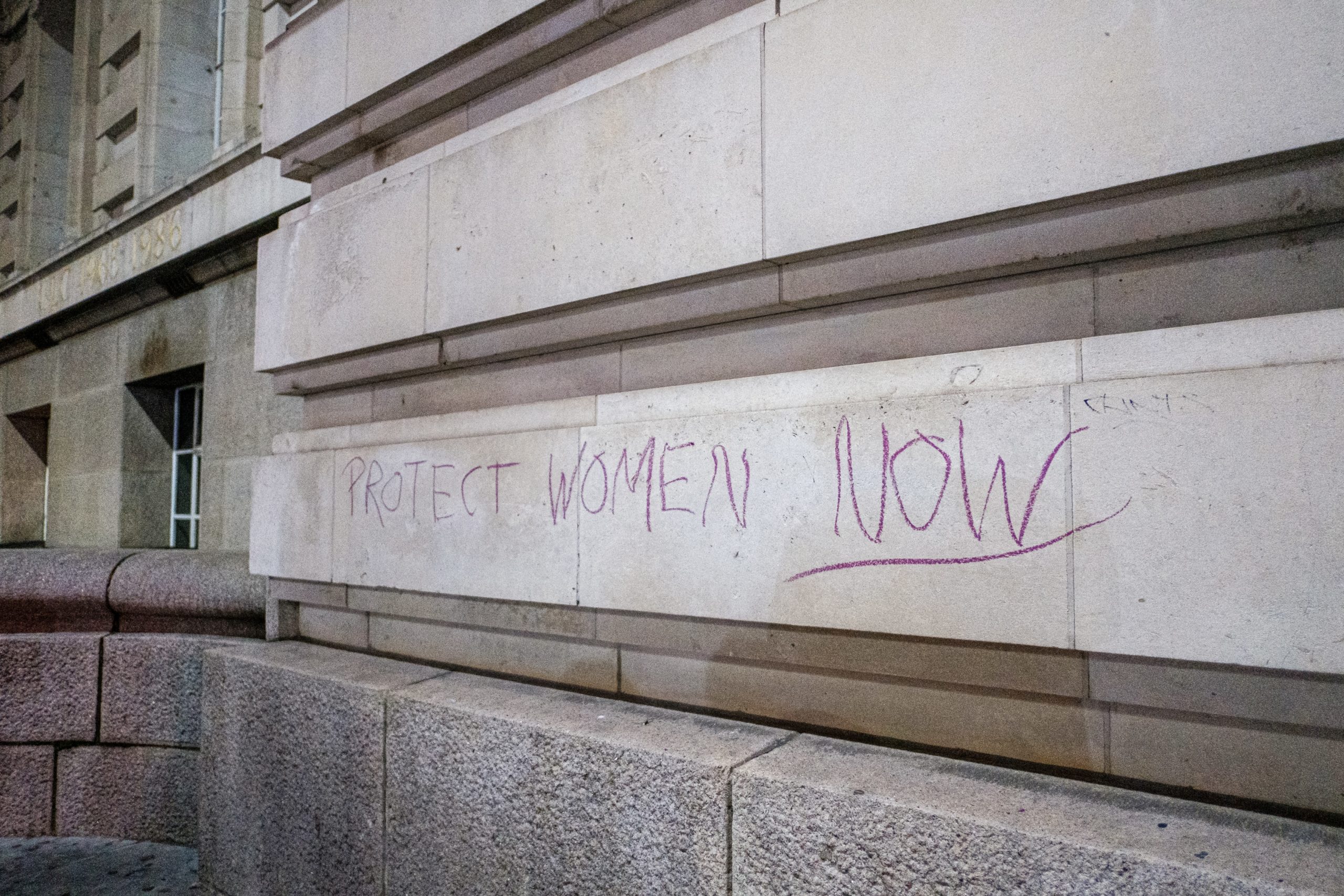In an effort to tackle abuse, the UK government has announced it will ask police to record crimes of violence motivated by a person’s sex or gender ‘on an experimental basis’.
When Sarah Everard went missing on March 3, her story hit a deep nerve across the UK. In the days following her death, womxn online shared their own experiences with assault or abuse and a timely study was published revealing that almost all young womxn in the UK have been victims of sexual harassment, with most never reporting it.
This confirmed what many already knew: that public spaces are often unsafe, and that local authorities aren’t doing enough to protect people. Responding to the wave of outrage on social media, misogyny will now – temporarily – be treated as a hate crime in England and Wales.
The reason this isn’t yet permanent is because the UK’s Law Commission has said the designation wouldn’t guarantee greater effectiveness in bringing justice to offenders. Whether misogyny will remain a hate crime is not to be decided until a review at the end of the year.
🚨We did it! Government agrees in the House of Lords to ask police forces to treat misogyny as a hate crime from the autumn – now to make sure courts do in the sentencing bill ….bravo @fawcettsociety @citizens.uk @plan_uk @unwomenuk @centenaryactiongroup @jocoxfoundation ..1/3 pic.twitter.com/IKVwrI38Xn
— stellacreasy (@stellacreasy) March 17, 2021
The development comes after a lengthy campaign by activists and politicians as well as a week of protests lobbying for tougher legislation to protect womxn. What this means in practice is that police will, from autumn onwards, be ordered to officially record all incidents of violence they judge to have been ‘motivated by hostility based on a person’s sex or gender.’
This could apply to a whole range of crimes, including murder, sexual offences, stalking, domestic violence, and also harassment. Though seven UK police forces already implement this guidance – specifically in Nottinghamshire where it’s been in place since 2016 – 42 more have been instructed to follow suit.
It’s a major victory for campaigners who are welcoming the move as a ‘game-changer’ that will encourage womxn to report public harassment with more confidence because it’ll be treated as a serious crime. This will lead to better data of attacks against womxn, which can then be used in decision and law making, as well as tougher sentences for perpetrators.





















